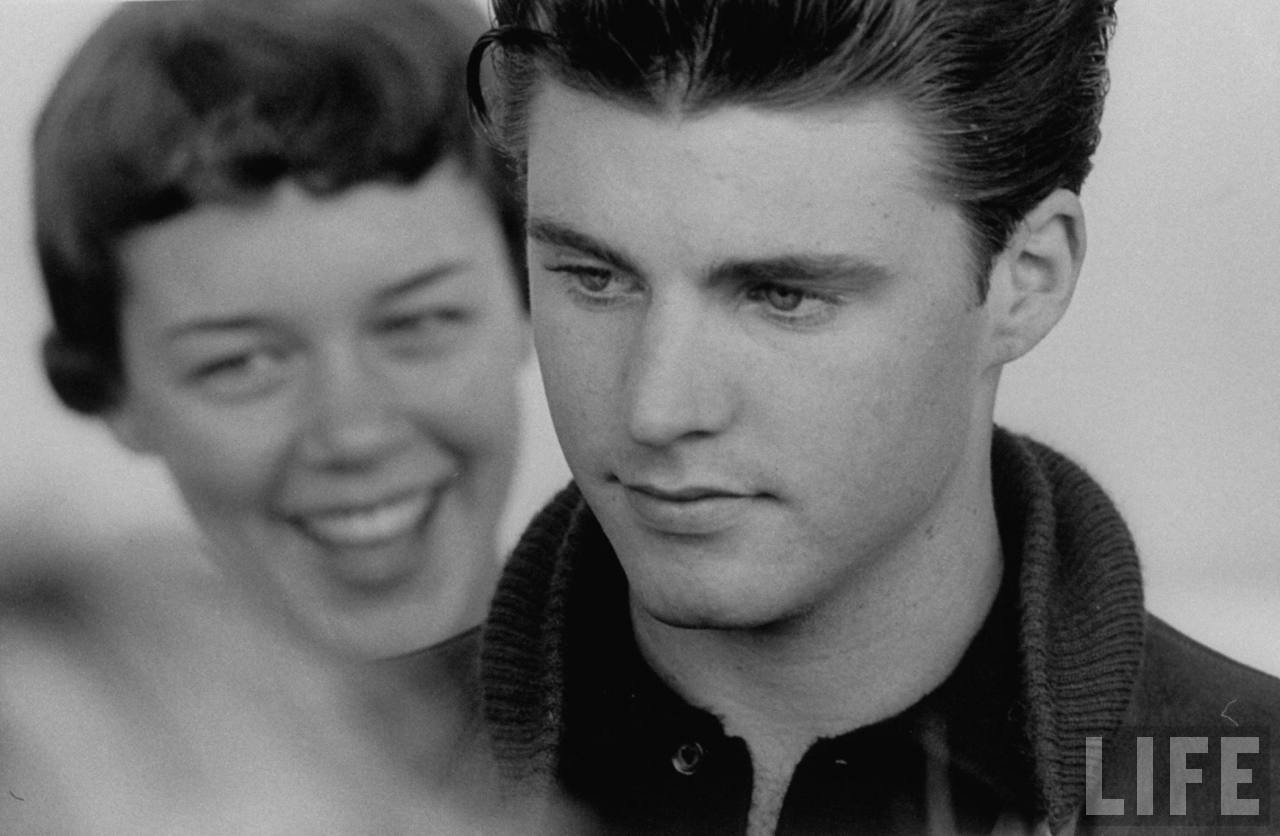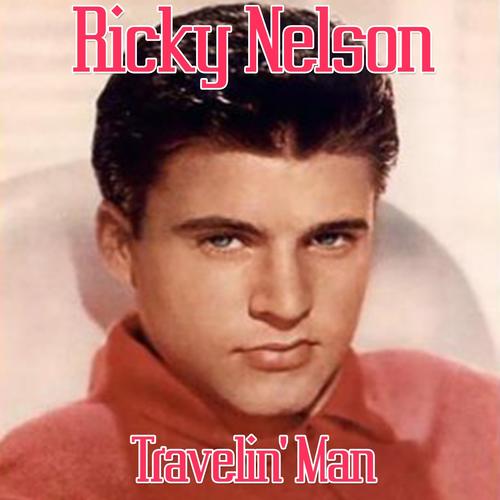
A Melancholic Ode to Love’s Timeless Dance
In the tender glow of the late 1950s, when the world swayed gently between post-war optimism and the burgeoning beat of rock ‘n’ roll, Ricky Nelson emerged as a beacon of youthful charm and musical sincerity. Among his many hits that captured the essence of an era, “It’s Late” stands out as a poignant reflection on love’s delicate balance between urgency and regret. Released in 1959, this song found its place not only in the hearts of listeners but also on the music charts, where it resonated with a generation caught between innocence and experience.
“It’s Late”, penned by the prolific songwriter Dorsey Burnette, reached a commendable position on the Billboard Hot 100, peaking at number 9. This achievement was no small feat during a time when the airwaves were dominated by legends like Elvis Presley and Buddy Holly. Yet, Nelson’s voice, with its smooth timbre and emotive depth, carried a unique appeal that set him apart. The song was part of his album “Ricky Sings Again,” which further solidified his status as a significant figure in the rock ‘n’ roll movement.
The narrative of “It’s Late” unfolds with a sense of longing and introspection. It captures a moment familiar to anyone who has ever been young and in love—the bittersweet realization that time is slipping away too quickly. As Nelson sings about a romantic evening drawing to a close, there is an underlying tension between desire and responsibility. The ticking clock becomes both a literal and metaphorical presence, reminding us that every moment spent in love is precious but fleeting.
What makes “It’s Late” particularly compelling is how it taps into universal themes. The song speaks to the timeless experience of negotiating personal desires with societal expectations—a dance as old as time itself. For older listeners today, hearing Nelson croon about young love may evoke memories of their own youthful escapades, those nights when curfews loomed large yet hearts remained undaunted. The nostalgia in his voice serves as a bridge across generations, linking past experiences with present reflections.
The story behind Ricky Nelson’s rise to fame adds another layer to the song’s enduring appeal. Born into a family already familiar with the limelight—his parents Ozzie and Harriet Nelson were popular figures on American television—Ricky carved out his own niche with his musical talent. His ability to blend rockabilly energy with pop sensibilities made him a household name. With each performance, he exuded an effortless cool that resonated deeply with teenagers of his time, making him one of the first true teen idols.
However, beneath the surface of fame lay a deep-seated authenticity that endeared him to audiences beyond mere celebrity worship. In “It’s Late,” Nelson’s delivery is imbued with sincerity; his voice captures not just the excitement of young romance but also its accompanying heartaches. This duality gives the song its lasting power—a reminder that even amidst life’s most joyful moments, there is often an undercurrent of melancholy.
For those revisiting this classic today, or perhaps discovering it anew through digital playlists and retro radio shows, “It’s Late” offers more than just nostalgia—it provides a window into the emotional landscape of another era while affirming feelings that remain unchanged by time. As you listen to Ricky Nelson’s heartfelt performance, imagine yourself transported back to simpler days when love was both thrilling and terrifying, where every second together felt like eternity yet passed all too quickly.
In essence, “It’s Late” transcends its origins as merely another hit single from the 1950s; it stands as an evocative testament to love’s eternal dance through time—a tune that continues to resonate deeply within our collective consciousness long after its initial release. Whether you’re reminiscing about your own past or simply appreciating great music from history’s vaults, this song invites you to pause and reflect on what truly matters: those fleeting moments shared under starry skies when everything seemed possible because you were young—and maybe even in love—for just a little while longer.
